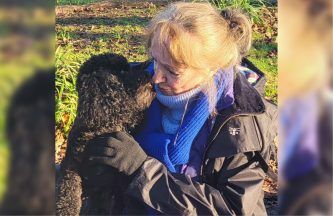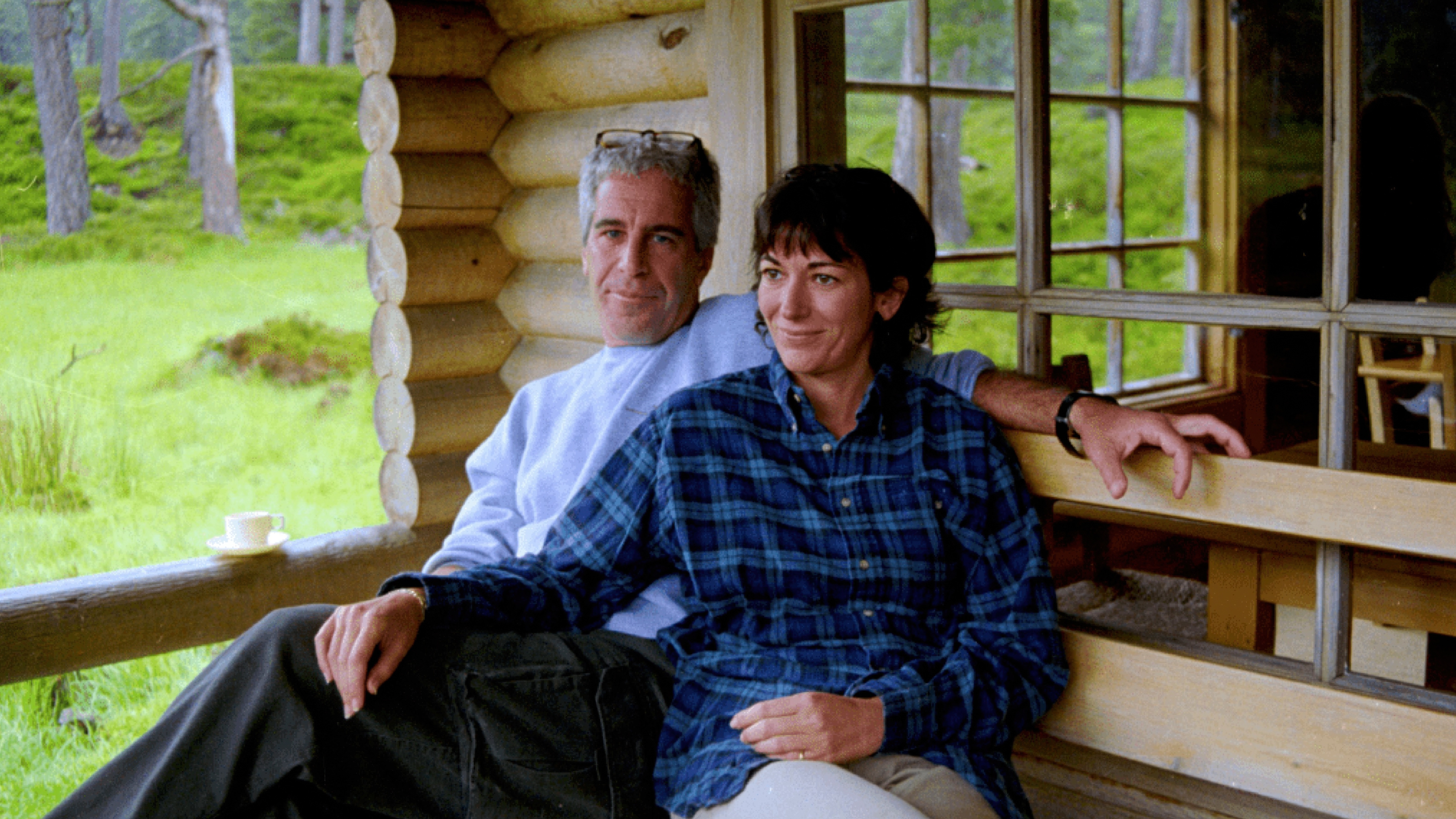Cancer waiting times in Scotland are currently the worst on record, with nearly a third of patients with an urgent suspicion of cancer waiting longer than 62 days to start treatment.
Data published by Public Health Scotland on Tuesday shows that only 69% of patients started treatment within the 62-day target in the first three months of 2025, compared with 74% in the previous quarter and 84% at the end of 2019.
NHS Scotland’s 62-day standard states that 95% of patients should wait no longer than 62 days from urgent suspicion of cancer referral until their first cancer treatment.
In the first four months of this year, only one of Scotland’s 14 NHS boards reached the target, with 95.8% of patients being seen within 62 days at NHS Lanarkshire.
The number of patients receiving cancer treatments on time and within target has hit its lowest point since records began in 2012.
NHS Scotland’s standard to start treatment within 31 days of diagnosis has also not been met.
The figures, released on Tuesday, showed that only 94.1% of patients with a diagnosis started treatment within that timeframe.
‘Cancer remains a national priority’
In response to the figures, health secretary Neil Gray insisted that cancer remains a “national priority” for the Scottish Government.
He emphasised that 31-day performance has remained steady at around 95% since the pandemic.
He said: “It’s disappointing that the 31-day standard was narrowly missed this quarter.
“The median wait for treatment is three days, and the median wait from urgent suspicion of cancer referral to treatment is 52 days, demonstrating the extensive work by staff across Scotland to treat people as quickly and effectively as possible.
“We are treating more patients with cancer on time, within both standards, compared to the same quarter six years ago – 7.7% more within the 31-day standard and 0.1% more within the 62-day standard.
“Cancer remains a national priority for the Scottish Government. We have directed £14.23 million of the £106 million in additional planned care funding for 2025/26 to cancer waiting times, with a focus on colorectal, urological and breast as our most challenged pathways.”
‘A ticking time bomb’
Scottish Tory shadow health secretary Dr Sandesh Gulhane said Scotland is facing a “ticking time bomb” when it comes to cancer cases.
“One cancer patient waiting over two months to start cancer treatment is one too many, but now nearly a third of patients are facing these deadly waits, which is devastating for those involved and their families,” Gulhane said.
“SNP ministers have not met their own waiting time target in over a decade and need to cut out their pitiful excuses and act now.”
He called on the Scottish health secretary to “accept he is failing to tackle Scotland’s cancer crisis and change his approach now”.
“It is time for him to back our common-sense plans to cut bureaucracy and get resources to the frontline urgently,” Gulhane said.
Scottish Labour health spokesperson Jackie Baillie also warned that a “cancer time-bomb is looming”.
“These disastrous figures lay bare the true cost of the SNP’s mismanagement of our NHS,” Baillie said.
“Cancer is Scotland’s biggest killer, and swift treatment can be the difference between life and death – but under the SNP, patients are being abandoned, and the founding principles of our NHS are under threat.
“The SNP must act now to cut these dangerously long waits and deliver the urgent, life-saving care Scottish cancer patients need.”
Scottish Liberal Democrat leader Alex Cole-Hamilton emphasised that NHS Scotland’s standard cancer targets have never been met since they were introduced almost 15 years ago.
He added that Scotland also now has the “worst shortage of oncologists of any UK nation”.
“Waiting times have spiralled to the worst on record,” he said.
“It is appalling that people are enduring these lengthy waits when early intervention is crucial to survival in cancer cases,” Cole-Hamilton said.
“Access to screening programmes, diagnosis and treatment is a postcode lottery across the country. We need serious investment in both diagnostics and staff, and an end to patchwork care.”
Follow STV News on WhatsApp
Scan the QR code on your mobile device for all the latest news from around the country




























